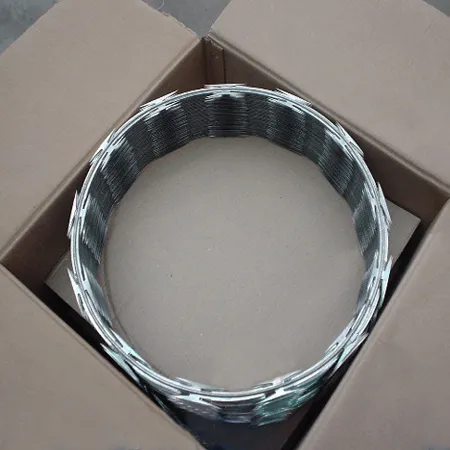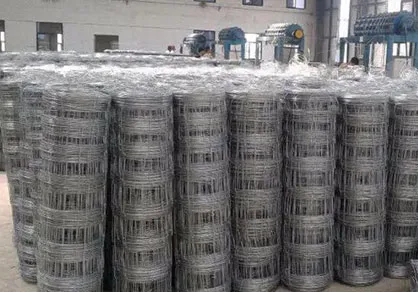Mesh wire is a versatile material found in various applications, from construction to crafting. Its different types cater to specific needs, ensuring efficiency and effectiveness in their respective uses. An in-depth exploration into the various categories of mesh wire offers insights into selecting the right type for your projects.

Welded wire mesh is renowned for its strength and durability, created by welding the intersections of horizontal and vertical wires. This method ensures a robust mesh that does not unravel, often employed in construction projects like concrete reinforcement, fencing, and animal enclosures. Knowing its resistance to wear and tear makes it a preferred choice for permanent structures.
Woven wire mesh consists of metal wires woven together, offering flexibility and a range of apertures. This type is particularly effective in applications needing precise filtration, such as in the food industry or in scientific research. The ability to control the mesh size allows for customized solutions, ensuring that manufacturers can meet specific industry standards and requirements.

Expanded metal mesh, produced by simultaneously stretching and slitting a sheet of metal, offers unique characteristics. This process creates a single continuous sheet without any joints, which enhances strength and reduces material waste. It finds its application in walkways, platforms, and architectural design due to its anti-slip properties and contemporary aesthetics.
Knitted wire mesh is an innovative form, known for its unique structure. Constructed through a process similar to knitting fabric, this mesh is ideal for uses that require compression or expansion, such as in automobile exhaust systems or industrial filters. Its flexibility allows it to conform to spaces that would be challenging for more rigid mesh types.
different types of mesh wire
Hexagonal wire mesh, commonly referred to as chicken wire, is lightweight and affordable, perfect for small-scale applications. It is frequently used in gardening for pest control or structural purposes like gabion walls, due to its flexibility and ease of use. Its cost-effectiveness does not undermine its capability, making it a staple in both domestic and agricultural settings.
Each type of mesh wire brings specialized features that align with specific usage requirements. Understanding these nuances can significantly impact the efficiency of a project. Consulting with experts in mesh wire applications aids in making informed decisions that prioritize durability, function, and cost-efficiency.
The evolution of mesh wire technology continues to advance, with innovations such as plastic-coated mesh and stainless steel options offering enhanced longevity and resistance to environmental factors. These developments demonstrate a commitment to sustainability and long-term usability in various industries.
Harnessing the right mesh wire type requires a blend of technical insight and practical experience. By leveraging trusted suppliers and tapping into industry expertise, users can ensure that their projects benefit from the highest standards of quality and reliability. Choosing the appropriate mesh wire type is not merely about meeting immediate needs—it's about anticipating future demands and positioning for success.
In conclusion, the diverse range of mesh wire products available highlights the importance of selecting the right type for your specific application. By aligning product characteristics to project requirements, one can achieve optimal results with maximum efficiency. The role of mesh wire in industrial and commercial applications underscores its significance and the need for informed investment in this essential material.

















